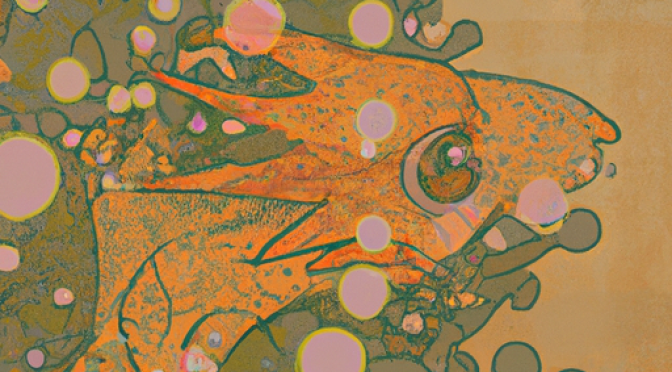Introduction
Climate change is one of the greatest challenges facing the Earth today. Human activity is causing a steady increase in the amount of greenhouse gases in the atmosphere, with long-term effects on the Earth's climate. As a result, biodiversity – the variety and diversity of the Earth's living organisms – is under threat.
Temperature change and habitats
Climate change is causing the Earth's temperature to rise on average. This temperature change has a major impact on habitats. In the Arctic, for example, melting ice is making it increasingly difficult for polar bears to find food and nesting sites. And in the rainforests, many species of plants and animals are facing extinction due to increased temperatures and drought.
Adaptation of living organisms
Climate change will require organisms to adapt to changing conditions. Some species can adapt quickly, while others have difficulties. For example, the white fur of Arctic animals, once useful for hiding in the snow, is now a disadvantage as snowfall decreases. In addition, plants have to adapt to changes in temperature, for example by moving the time of flowering earlier or later.
Extinction of species
Climate change is putting many species at risk of extinction. Habitat changes, food shortages and environmental stress are causing more and more species of animals and plants to disappear from the Earth. This has a negative impact not only on the species concerned, but also on the ecosystem as a whole, as all living things play a role in the functioning of the ecosystem.
Conclusion
Climate change has a significant impact on biodiversity. Living organisms need to adapt to changing conditions and many species are having difficulty doing so. And species extinctions have negative impacts on ecosystems and human society. It is therefore important to take action at global level to mitigate climate change in order to preserve the Earth's biodiversity and ensure a sustainable future.
∑: change, species, climate, living, organisms, temperature, causing, biodiversity, impact

